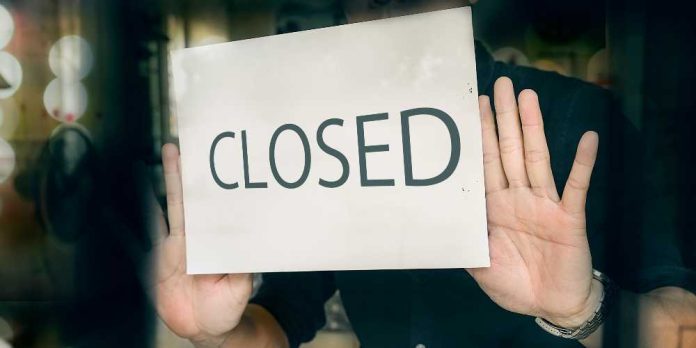As of Thursday morning, PlayUp customers can no longer place new wagers on the app in New Jersey. (UPDATE: The New Jersey Division of Gaming Enforcement confirmed it had revoked PlayUp’s transactional waivers to operate in the state.)
Those looking to access the online sportsbook were greeted with this message this morning:

The PlayUp site in Colorado remains operational at this time.
PlayUp trying to raise capital and sell off US arm
It has been a tumultuous month of news for PlayUp. Earlier in July, Legal Sports Report posted that the US division of the company was now running on a bare-bones team of just seven employees. PlayUP CEO Daniel Simic told the outlet the US division of the company was in the process of being sold to a publicly listed company and that both New Jersey and Colorado regulators were aware of the impending transaction.
Earlier this week, the Australian Financial Review said the company was trying to raise $10 million in capital while the company tries to fully extricate it from the $35 million invested by the now-bankrupt crypto firm FTX back in early 2022.
Meanwhile, in ongoing litigation involving former head of PlayUp US Laila Mintas, some of the allegations from the LSR report have made it into the courts. PlayUp had initially sued Mintas alleging she purposefully tanked the FTX deal. Later Mintas countersued both PlayUp and Simic for fraud in a suit that is ongoing.
Mintas alleges PlayUp US missed payroll and payroll tax payments
Mintas alleged in her latest motion that, “US employees were contacted directly by Simic and offered shares in PlayUp Ltd. in exchange for their back salary (which had not been paid). In the motion, Mintas also alleged that the company had been wiring salaries directly to employees and failing to pay the corresponding payroll tax to the IRS.
In the filing, Mintas argued these recent developments are a sign, “that PlayUp Ltd. is removing all assets, employees, and resources from PlayUp Inc. in order to make it judgment-proof in connection with this litigation.”
PlayUp filed suit against Mintas in late 2021, alleging she purposefully tanked an acquisition attempt by crypto firm FTX. Mintas countersued, alleging the company was fraudulent in its suit and defamed her character.
In its suit, PlayUp claimed Mintas wanted to “burn PlayUp to the ground” and torpedo the FTX acquisition if her demands, which included doubling her salary and supplanting Simic as CEO, were not met.
FTX concerned over tension between PlayUp US and HQ
Mintas, in turn, argued that she had nothing to do with the collapse of the deal. In her filings, she submitted an email into evidence from FTX Head of Product Ramnik Arora, who gave the following reasons FTX would not be following through with the deal:
- A large part of the value of the business is coming from the US licensure and market access agreements, Any potential acquirer would want to make sure these agreements are full proof [sic]. The current US team has been incredibly important to getting market access agreements. To our surprise, key personnel from the US business are not a part of the future plans of the business.
- There seems to be mistrust and lack of communication between the US and Global business.
- The Global leadership has conflicts of interest with other business activities, for example, PlayChip. This could be competitive with PlayUp and may have legal ramifications.
- There is discontent within the team and the board on the valuations. We don’t want employees to feel that they’ve had to forgo better options and therefore aren’t motivated to work under FTX.
Other evidence suggests PlayUp US financial issues
That email is not the only piece of evidence Mintas submitted noting the friction between the US and global team. Her latest filing included a deposition of former PlayUp US CFO and CSO Christopher Cheung. Cheung stated that Simic controlled the purse strings of the organization and that Cheung would have to ask for funds on a regular basis to cover US operations costs. He said Simic was “a hundred percent” a micro-manager.
Cheung also said that departments came to him on multiple occasions because creditors on invoices were complaining about non-payment. Cheung left the organization in March 2022.
Earlier this year, another big deal for PlayUp fell through when the SPAC IG Acquisition Corp stated it would be pulling out of the $350 million deal because PlayUp failed to provide important financial results in advance of a key deadline.














